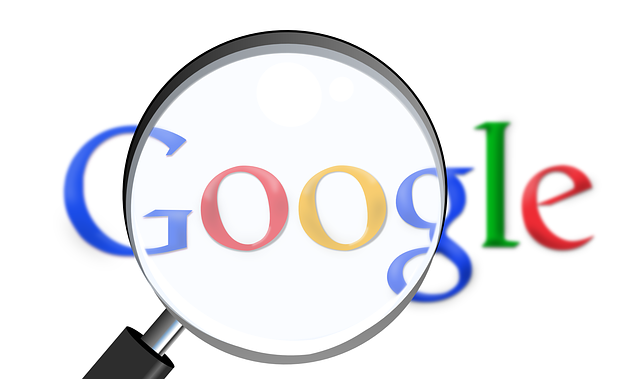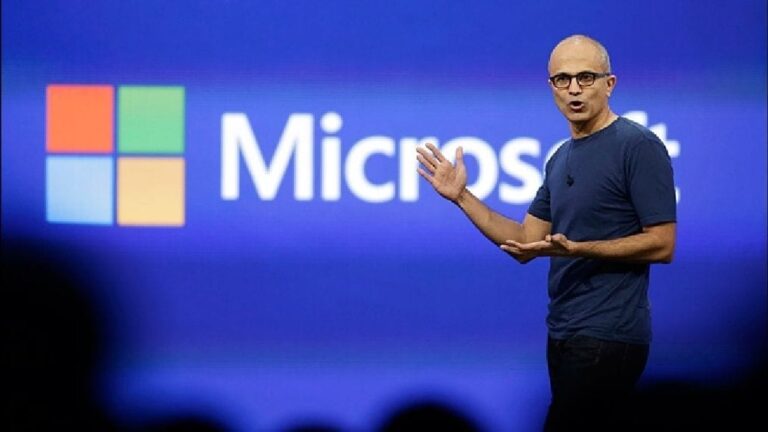In opening testimony on Friday, Google refuted claims that it illegally has a monopoly in internet advertising technology, claiming that the federal government’s portrayal of the sector is far more simplistic and anti-competitive.
Google vice president for global partnerships Scott Sheffer was the first witness defending the business in its antitrust trial in federal court in Alexandria. “The industry has been exceptionally fluid over the last 18 years,” Sheffer said.
According to the Justice Department and a group of states, Google created and has illegally maintained a monopoly over the technology that makes it easier for people to buy and sell online advertisements that they view.
In response, Google argues that the government’s lawsuit is unfairly limited to a specific class of online advertisements, namely the rectangular ones that show up at the top and right of webpages. Google’s legal team argued in its opening statement that the Supreme Court has cautioned judges about acting on quickly developing technology, such as the kind Sheffer described, due to the possibility of mistakes or unexpected outcomes.
Streaming TV providers, social media businesses, Amazon, and other companies that provide advertisers with online consumer reach are competitors that Google claims are not taken into consideration when defining the market.
Streaming TV providers, social media businesses, Amazon, and other companies that provide advertisers with online consumer reach are competitors that Google claims are not taken into consideration when defining the market.
Attorneys for the Justice Department invited witnesses to testify for two weeks before closing the case on Friday afternoon. They described how computerized ad exchanges perform millisecond auctions to decide which ads are shown to which consumers and at what price.
According to the department, the auctions are subtly altered to favor Google over potential rivals and to keep publishers from earning as much money as they otherwise could from selling their ad space.
Additionally, it claims that Google is able to retain 36 cents of every dollar spent on advertisements when its technology is applied to every aspect of the transaction, which amounts to billions of dollars every day.
Google is the industry leader in terms of technology utilized by both publishers and advertisers seeking to purchase advertising space, according to executives at media organizations like Gannett, which publishes USA Today, and News Corp., which owns Fox News and the Wall Streel Journal. Because Google’s products are interconnected, publishers who wish to easily access its extensive cache of advertising must utilize Google’s infrastructure.
In its complaint from the previous year, the government stated that in order to challenge Google’s dominance, it should be compelled to sell off at least the portion of its company that serves publishers.
Sheffer detailed how Google’s technologies have changed over time and how it verifies publishers and advertisers to protect against fraud and malware in his testimony on Friday.
Just one month after a District of Columbia judge ruled that Google’s main product, its widely used search engine, was an unlawful monopoly, the trial got underway on September 9. To ascertain what remedies, if any, the judge may impose, that trial is still underway.
Though it does not bring in as much money for Google as its search engine, the ad technology in dispute in the Virginia lawsuit is estimated to bring in tens of billions of dollars yearly.
Regulators in other countries have also charged Google with anticompetitive behavior. However, the corporation gained a win this week when an EU court reversed a five-year-old antitrust fine of 1.49 billion euros ($1.66 billion), which had been directed at a different area of the company’s online advertising business.
All rights reserved. Associated Press, 2024. All rights reserved. It is prohibited to publish, broadcast, rewrite, or distribute this content.























+ There are no comments
Add yours